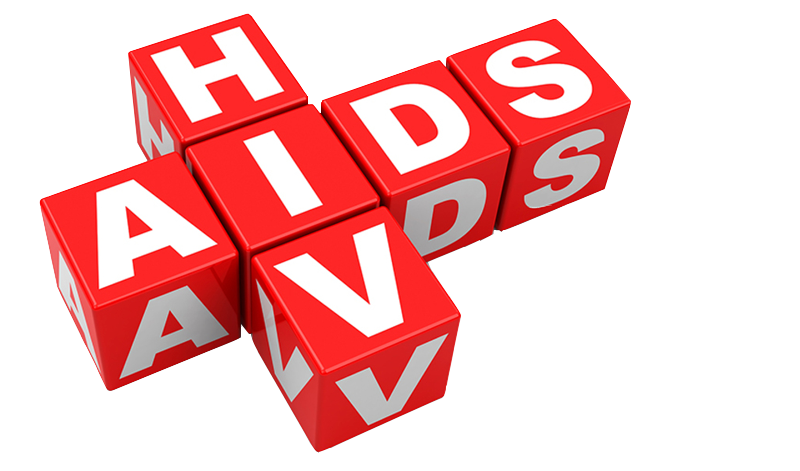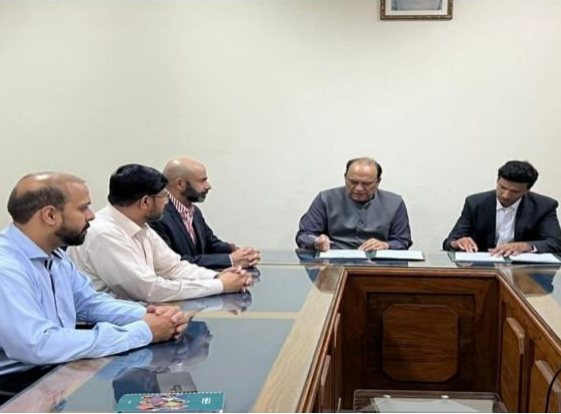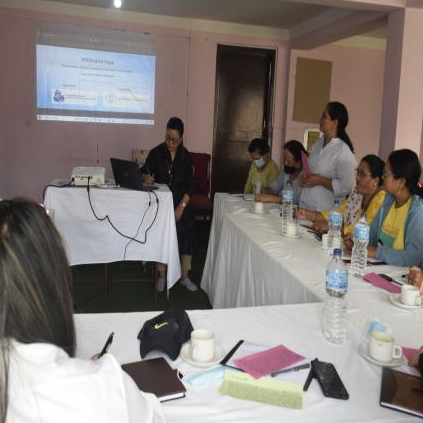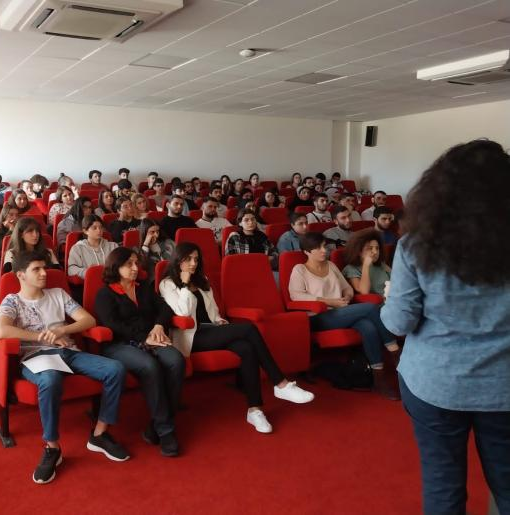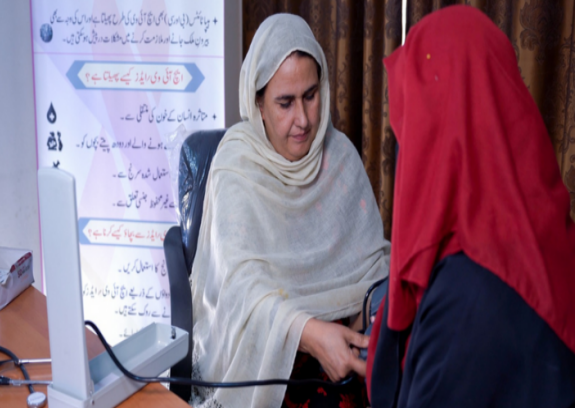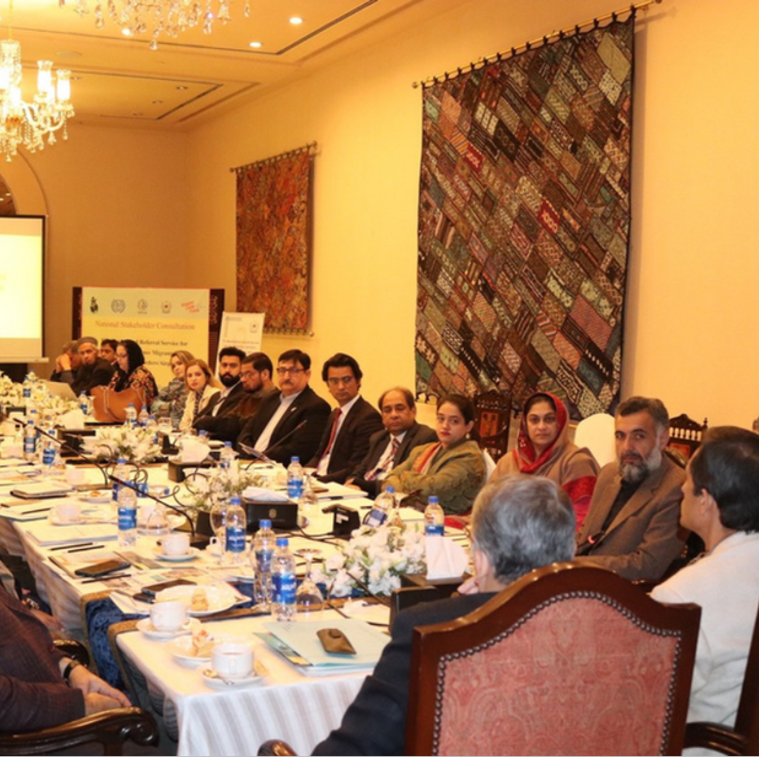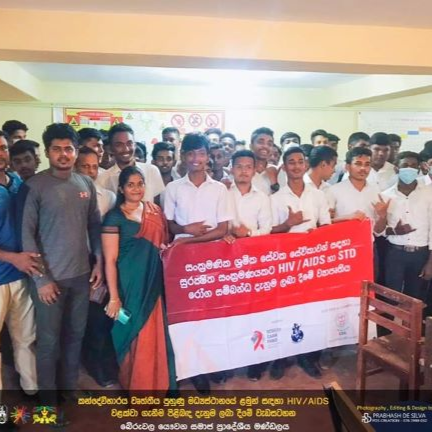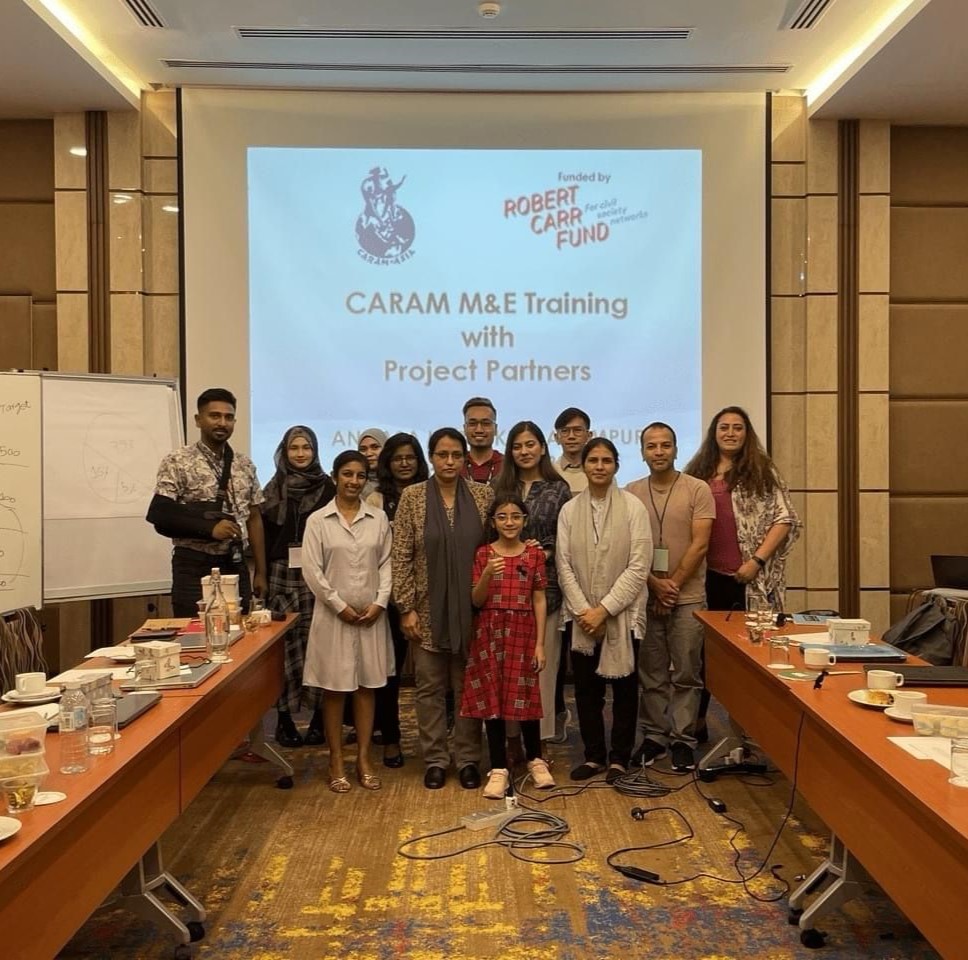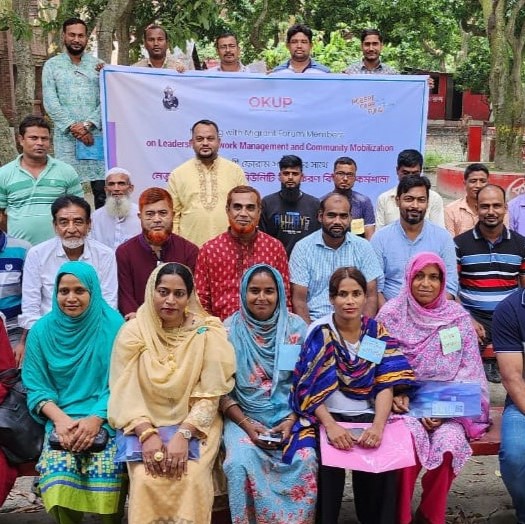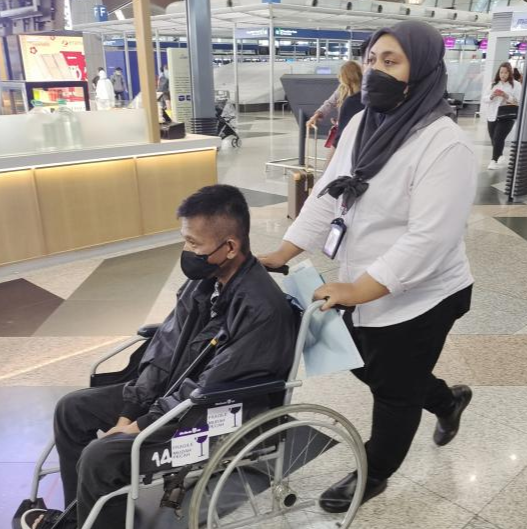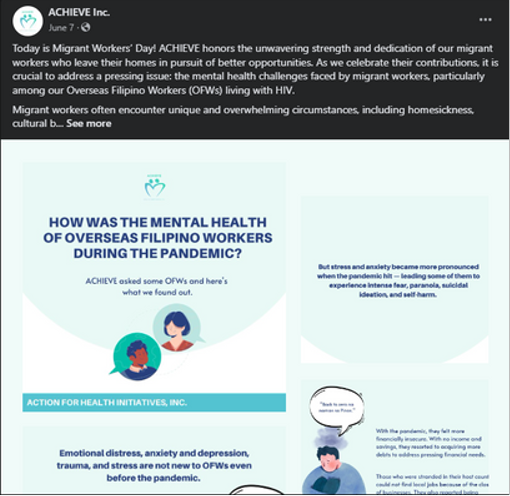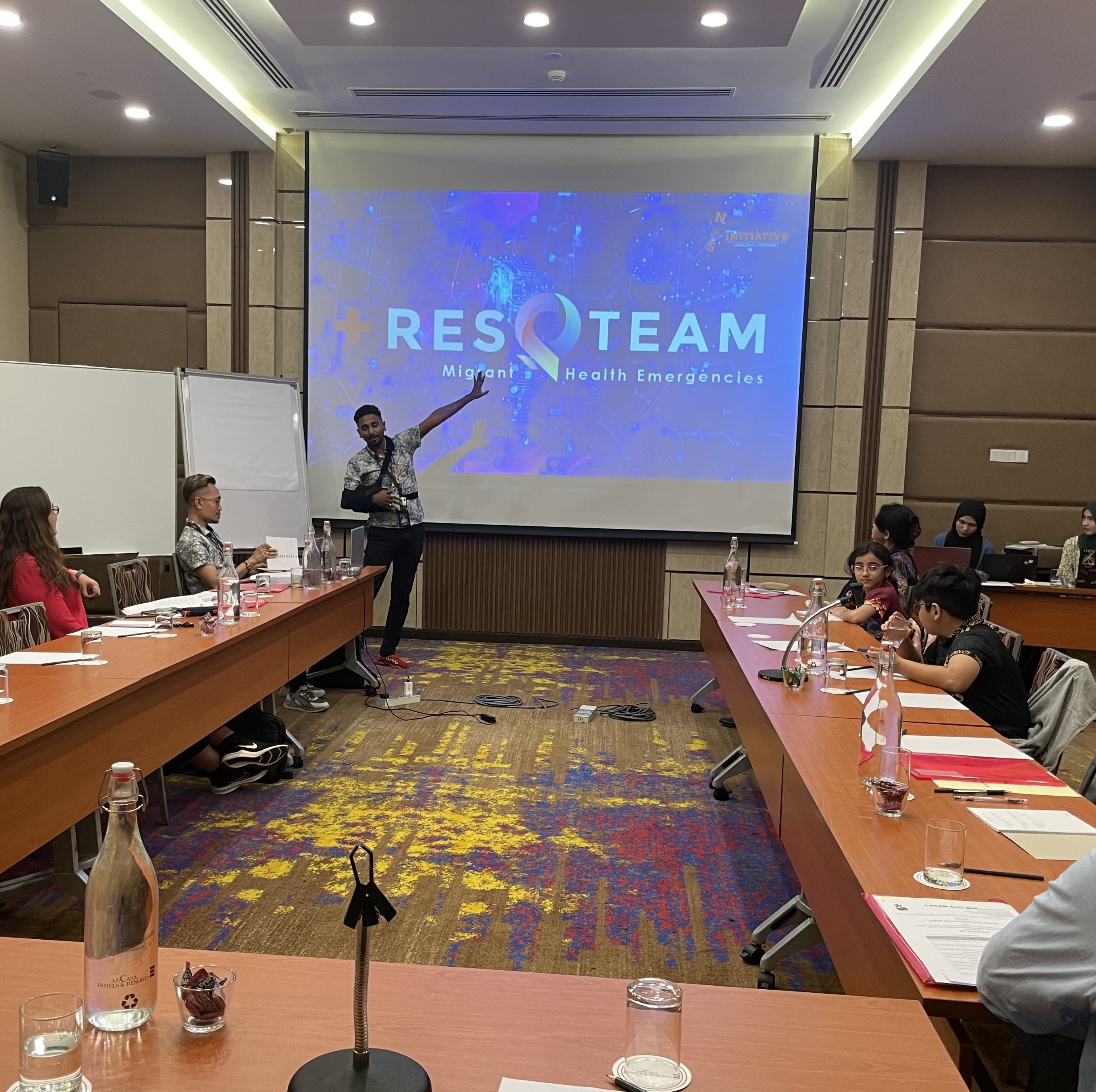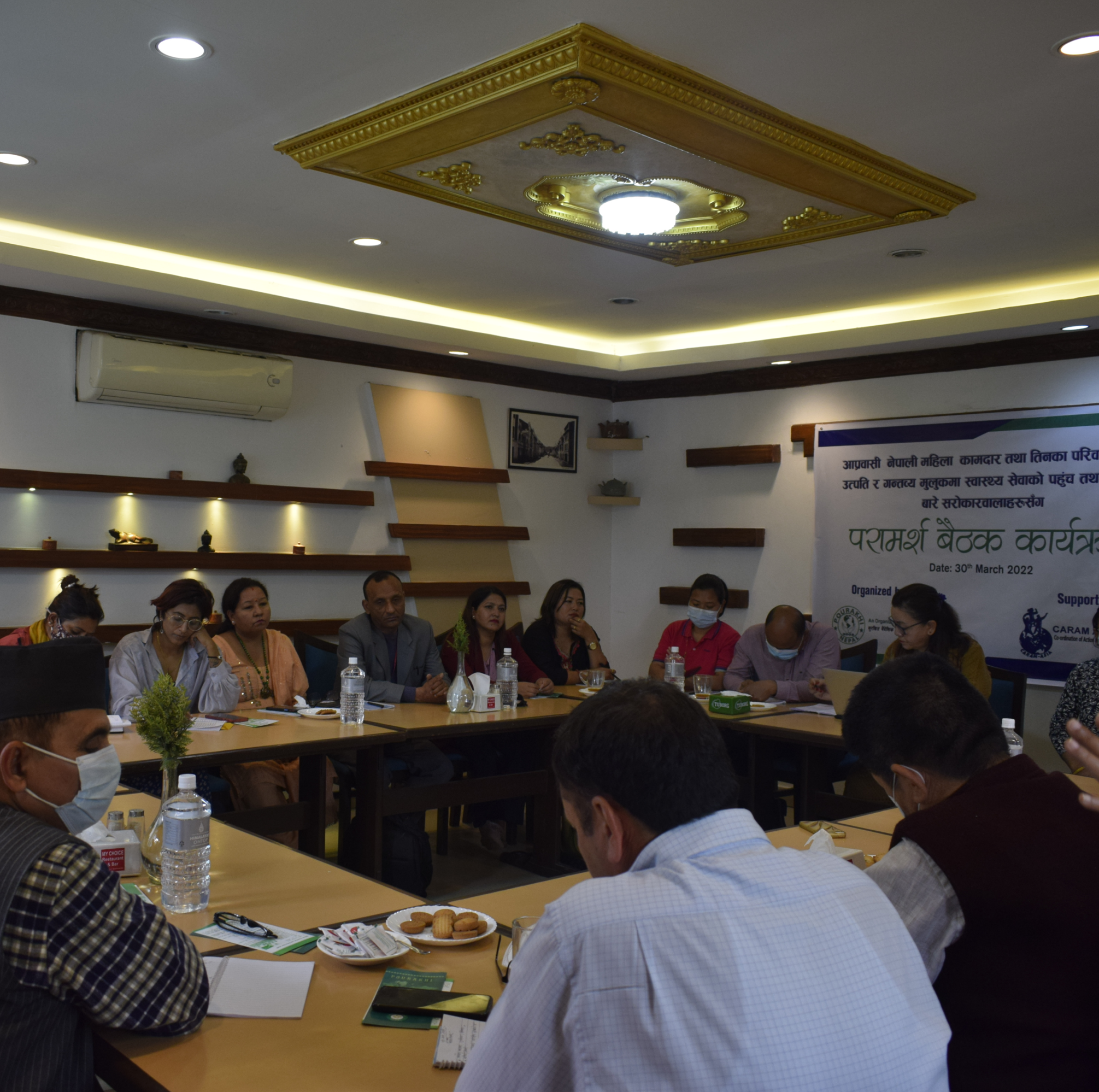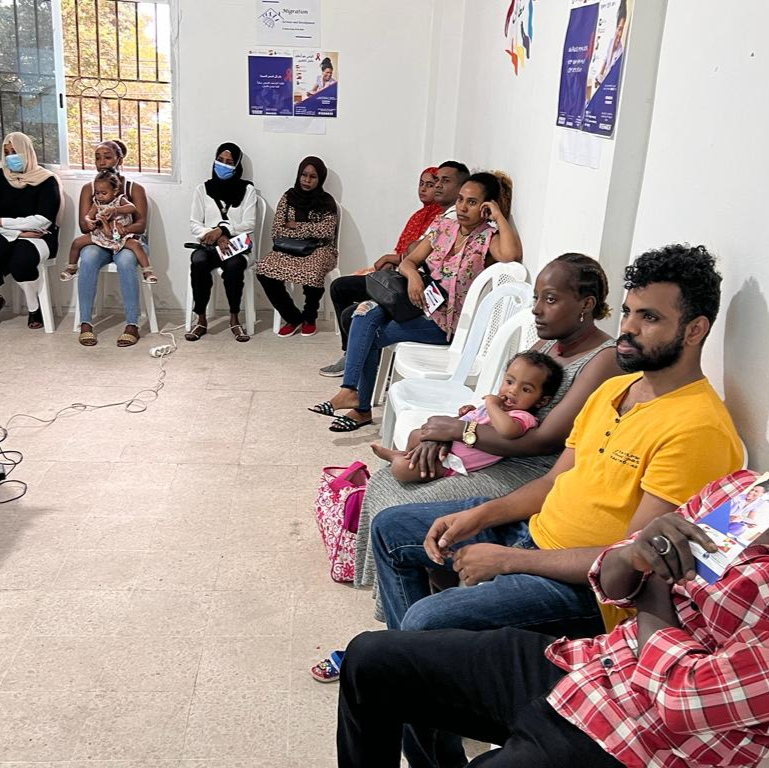Coordination of Action Research on AIDs and Mobility
CARAM Asia
A REGIONAL NETWORK OF
42 MEMBERS IN 18 COUNTRIES ACROSS ASIA, AND MIDDLE EAST, AND EMPOWERS MIGRANT WORKERS AGAINST HIV AND AIDS

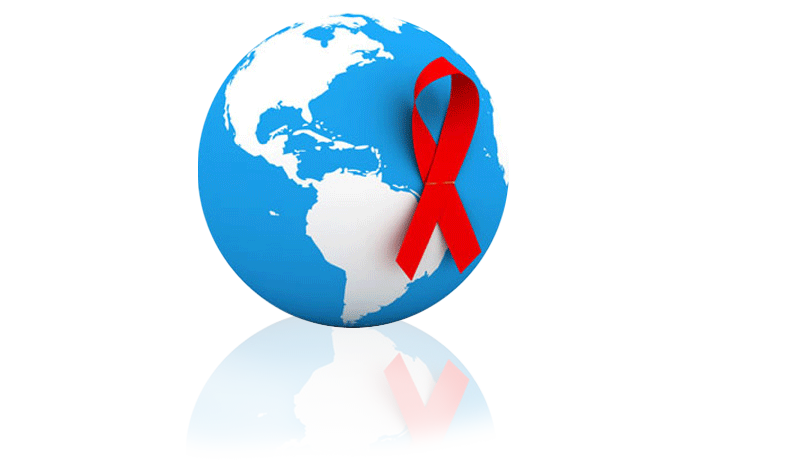
CARAM Asia's Areas of Work
- 1. Research
- 2. Advocacy
- 3. Capacity Building
- 4. Awareness Raising
- 5. Services (Psycho-social and legal aid)
- 5.1 Enhancing Migrant Workers' Access to Justice
- 5.2.Enhancing Migrant Worker's Access to Health Services
CARAM Asia
incorporates a rights based
approach in promoting
and protecting migrants’ health
and labour rights with focus on HIV,
Srhr, and violence against
women workers
